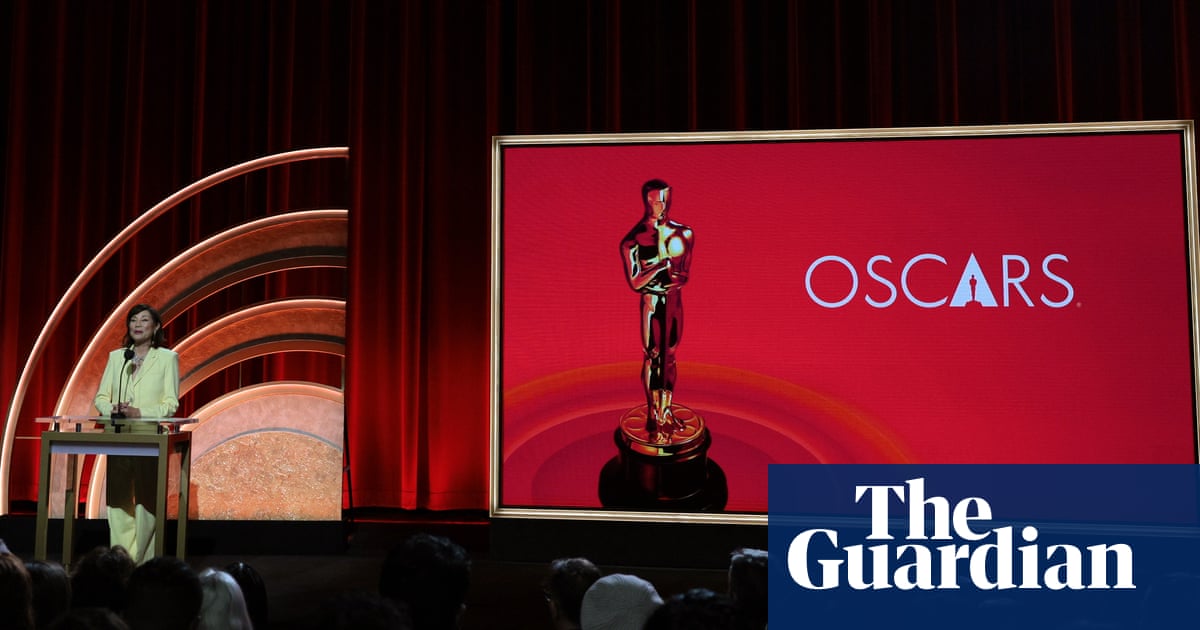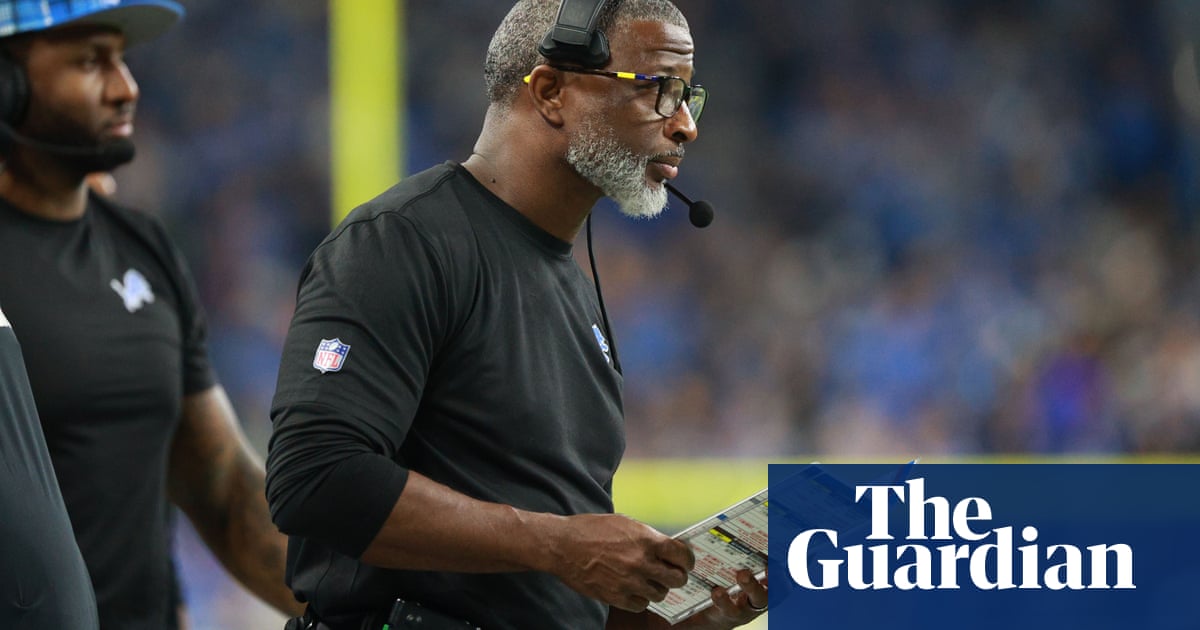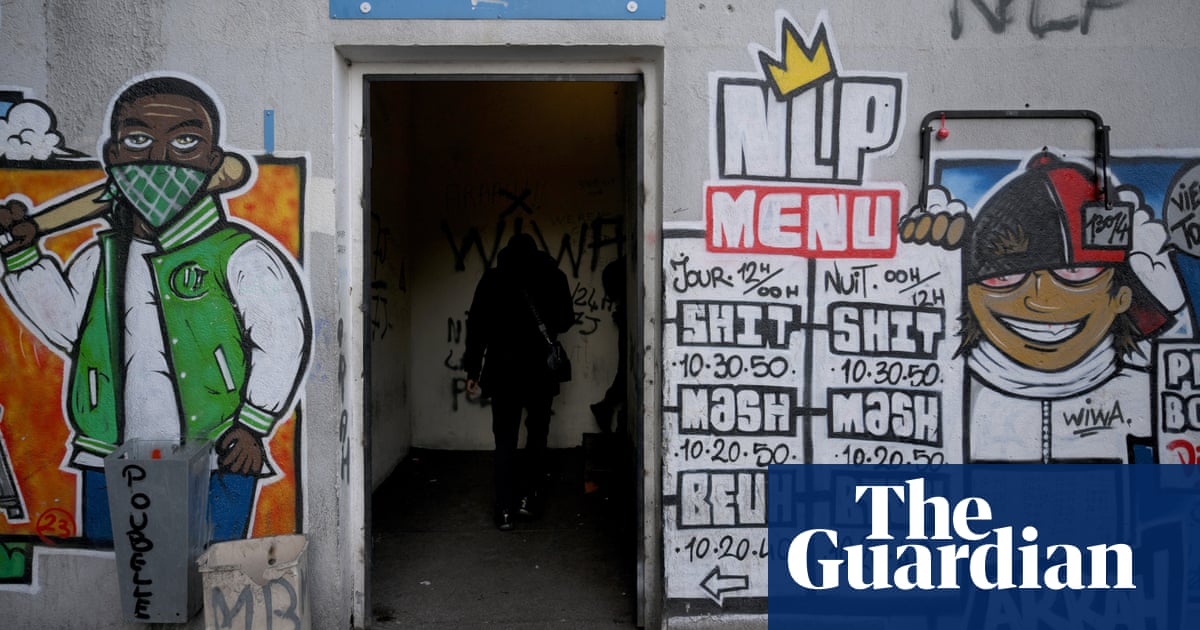Phil Geraldi – AM/FM USA
Who could read the description “truck stop concrète” and not be intrigued? The San Diego sound collagist Phil Geraldi’s two-track cassette for Not Not Fun sketches a journey across the American plains in which the glow of a gas station canopy is as integral to the landscape as the dust and cacti. He rides the radio dial as if it were a ferris wheel, creating a recurring flicker of pop into talk radio and classical into ambient beauty that then might break free from the static to forge its own soaring journey across an endless sky.
On Chase Your Love, the pedal steel transcends its already innate beauty to find an elastic and joyous expression; elsewhere in this tapestry of transmissions, a rhythm guitar creates a clearing, followed by a pocket of watery submersion and then suddenly a sharp sodium glow and warm bass reminiscent of Yo La Tengo at their most spectral and ominous. Then comes a static swarm; then a blur of guitar akin to Roy Montgomery’s sound. The second piece, Oklahoma After Dark, is far less succulent and melodic, strafed with what might be sirens or animal cries, and a flickering sharpness that evokes panning for precious metals in the dirt.
The KLF’s Chill Out is one obvious precursor (so much so it’s referenced in the Bandcamp blurb); the reverent space of both pieces would make it easy to pinpoint AM/FM USA as cosmic Americana were it not so appealingly grounded and keyed into the beauty in the mundane. Kudos to the excellent No Tags podcast for the tip: many, many plays later, it’s a trip I’ve not tired of making. Laura Snapes
Charlotte Day Wilson – Cyan Blue
For an album on which the tempo seldom ventures above a slow jam’s unhurried pulse, Cyan Blue is a curiously urgent-sounding piece of work. That’s partly because of the lyrics – Charlotte Day Wilson’s second solo album is based around songs that describe the arc of a relationship from first flush of romance to grief at its collapse, and its depiction of the latter stages is pretty stark, as evidenced by the emotional sucker punch of I Don’t Love You: “It’s more peaceful being heartbroken than crying every night for you.” And it’s partly because of the Canadian singer-songwriter’s voice, which is rich and passionate, but never tips into over-emoting: it brings a real vividness to the stuff she’s singing.
But it’s mostly because of the sound, which feels like it’s in constant motion: itchily moving between lo-fi singer-songwriter confessional, R&B and bedroom pop, never settling in one place for long enough to categorise it exactly. Cyan Blue has bold pop hooks – Snoh Aalegra’s guest vocal on Forever winds around a sample of the chorus from the Foundations’ oldies radio perennial Baby Now That I’ve Found You – next to moments where it sounds like a muffled recording of a rehearsal on the verge of falling apart, as on I Don’t Love You. There are Auto-Tuned vocals and snappy basslines beside out-of-tune pianos and scratchy guitars, everything pressed into the service of unfailingly beautiful songs. The overall effect is enthralling, consuming and gorgeous: by its conclusion, you feel as though you’ve been taken into someone’s confidence, a powerful, haunting experience. Alexis Petridis
Magdalena Bay – Imaginal Disk

Los Angeles-based duo Mica Tenenbaum and Matthew Lewin’s 2021 debut Mercurial World epitomised the contemporary pick’n’mix art of making music. The songs mirrored the pair’s interest in Yes-influenced prog, yacht rock and machine-polished hyperspace pop via elements of Britney, Kylie, Charli xcx, shoegaze, disco and EDM. Named to describe a distorted CD-shaped item inserted into a person’s forehead (and deriving from imaginal discs, structures within insect larvae that emerge to form parts of their adult bodies), the superior follow-up takes a similar approach but fuses the many strands into a more cohesive whole. Tenenbaum’s gentle, sometimes spoken, otherworldly vocals are framed within a collage of strings, synths, piano, horns and dramatic percussion. Using 27 additional musicians, the combined effect is a dream-like, kaleidoscopic rollercoaster ride through decades of pop and dance: spiritually rather than literally psychedelic.
With their high TikTok presence, online fan community and alter egos, the duo have created a science-fiction alternative universe, but where Imaginal Disk could have been more escapist fantasy the songs also deal with the collision between the metaverse and harsh reality: war, TV/online addiction and the like. Such deeper themes are very subtle, delivered via opulent, lush production that never loses focus on the sweet pop smarts of Killing Time, the dreamy Image, the blissful Death & Romance or Cry for Me’s glorious nods to disco, Abba and Cerrone. The 15 tracks are like a lot of things at once and at the same time not really like anything else around. Dave Simpson
Karl D’Silva – Love Is a Flame in the Dark
Heady with longing and the palpable ecstasy of love at first sight, Love Is a Flame in the Dark is something like a miracle: an entirely self-recorded, self-produced pop masterpiece made by a relative unknown from the UK’s musical underground. Based in Rotherham, South Yorkshire, Karl D’Silva has spent the past two decades playing saxophone with the esoteric and experimental likes of Thurston Moore and Ex-Easter Island Head. Now in his late 30s, D’Silva assumes the spotlight with his debut album, singing – and playing every instrument – on 10 songs that capture the exact moment when a crush turns all-encompassing.
Like all the best pop, these songs sound meticulously crafted and as if they were conjured up on the spot. Nowhere Left to Run soars with rolling, metallic drums and the most celestial of synths; Wild Kiss is giddy and maximalist, its outsized emotions culminating in outrageous imagery (“We come together burning ultra-violet light”) and a bravura guitar solo.
The album shares commonalities with giants of contemporary pop: the neo-1980s production of the 1975, the romantic heft of Carly Rae Jepsen, the audacity of Lady Gaga. In D’Silva’s muscular emotionality – and well-placed saxophone solos – there are echoes of Springsteen, and of Trent Reznor in his melodic sense and industrial-leaning production. D’Silva is clearly an avid music fan, but he alchemises his influences into a jewel-like form that is entirely his own. Claire Biddles
Jordana – Lively Premonition
Beyond the year’s brightest-coloured pop superstars, a seam of singer-songwriters have been opening a wood-panelled door into the mid-1970s world of Carole King, Karen Carpenter and soft rock, ranging from subtle and groovy (Clairo) to country-tinged (Kacey Musgraves). The very best of these is Jordana, a 24-year-old US artist who has a huge streaming audience primarily from her mini-album with dream-poppers TV Girl, but whose solo work truly stands apart.
In rich but unfussy arrangements with strings, multitracked vocals and – a staple of this revivalist sound – flutes wafting this way and that, the songwriting is sophisticated and advanced. Her lyrics are studies of total infatuation, populated by vivid characters such as the dancefloor crush of Raver Girl and the hopelessly down-bad narrator of Like a Dog, but Jordana’s melodies are where she really thrives. Whether doing drowsy psychedelic ballads, musical theatre epics, strutting funk-pop or dreamy waltzes, everything comes with tunes as classic-feeling as those from the era they’re clearly inspired by.
On highlight Wrong Love, the tune mooches around in the verses before tumbling downward in the chorus, mirroring the misfortune she has with a mismatched lover. This is vintage pop, in every sense. Ben Beaumont-Thomas
Nap Eyes – The Neon Gate

Nova Scotia indie-rock four piece Nap Eyes are erudite and brilliant, but they wear their genius lightly, like the ruffian boys in class who secretly got straight As. Their superlative fifth album The Neon Gate is painfully literary on paper – one highlight, Demons, is an adaptation of a Pushkin poem, while I See Phantoms of Hatred and of the Heart’s Fullness and of the Coming Emptiness lifts its lyrics from the Yeats poem – but it moves with appealing weightlessness. Listening feels like going on a long, aimless nature walk with a friend, fixating on bugs in the grass as they chatter mindlessly; lead singer and primary songwriter Nigel Chapman unspools his lyrics with a wiry, conversational baritone that’s familiar and unpredictable at the same time, a little like Jonathan Richman after a couple of CBD drinks.
Aside from the specifics of Chapman’s voice, though, it’s hard to specifically place Nap Eyes in a scene or lineage: The Neon Gate sounds a little bit like a lot of things – Neil Young, the Shins, any number of buttoned-up 80s indie bands – but it has such a curious, idiosyncratic atmosphere that nothing feels quite right. I often imagine Nap Eyes as the house band at some kind of warmly lit saloon, playing their inviting, distended rock songs as groups of friends chat about politics and sloppily refill each others’ glasses of wine. Perhaps that’s because songs like Demons, a plush fable with a hypnotic, looping structure, or the bittersweet Isolation, which drags its feet toward a squally guitar solo conclusion, feel like the kind of songs you’d want to live with for ever. Shaad D’Souza
Mk.gee – Two Star & the Dream Police
While the year in music deservedly belongs to the women of pop, alt-rocker Mk.gee has emerged as breakout, counterintuitive programming. The 28-year-old from Linwood, New Jersey, has become the word-of-mouth artist of the year, culminating in his Saturday Night Live debut, through a run of ecstatically received live performances and a visionary rejection of trends – experimentation over sleekness, mystique over relatability, a re-embrace of long obsolete classic rock. His virtuosic guitar playing and fuzzy, atonal distortion – honouring both 80s guitar legends and low-quality YouTube rips – have won a grab bag of celebrity fans, from Eric Clapton (“He has found things to do on the guitar that are like nobody else”) to Frank Ocean and Justin Bieber.
Mk.gee’s debut album, Two Star & the Dream Police, is just over 30 minutes of musical revelation – deceptively complex, sublimely discordant, skin-tinglingly melodic, like a peek of sun through afternoon rain. Much like his burgeoning image as a rock star, Mk.gee’s lyrics are murky and elusive, the personal lore oblique at best. But Two Star still evinces a potent yearning for something, be it love or perfection or transcendence. I cannot tell you what Are You Looking Up is about, but I do know it makes me feel like I should pray. Messy, idiosyncratic, soulful, alien, these 12 tracks sound like nothing else I’ve heard before, and yet are also familiar – like those inexpressible feelings, at once strange and understood. Adrian Horton
after newsletter promotion
Pataka Boys – Thugs from Amritsar
Hunched over his laptop in a hospital room in Punjab, self-taught producer Kartik began crafting a series of luxe, Madlib-inspired tracks while his mother recovered from kidney failure. Perhaps this explains the frenzied, collagist nature of the extraordinary beats that would become Thugs from Amritsar: from plush Anita Baker and Latimore samples and careening old-school Bollywood strings to a cartoony cut from 1970s comedy actor Mehar Mittal.
Though the desi references are niche, Kartik and UK underground rap veterans PAV4N and Sonnyjim’s joyous mission is to find the wider connective tissue between the hip-hop of India, its diaspora, as well as US and UK classics (including the wryly named track Dettwork South Asia). Mud Family’s Mongo lends his gruff tones to Bappi Lahiri; Delhi superstars Seedhe Maut appear on searing Guddi Check, spitting about colonialism; NYC’s Heems merits a shout out for the bar: “Only right wing we acknowledge is Bukayo Saka.” Nostalgic references to defunct Southall pub Glassy Junction sit amid lines that are harrowing (“Brexit lookin’ cute now we fearin’ for our lives”) and comical: a longstanding racist taunt turns flex, as “bud dinger/big tipper.”
Out on Azadi, the Mumbai label renowned for promoting political artistry, the record confronts histories of empire and immigration in the same breath as being “in the trap eating saag and bread”. A pleasingly playful, original showcase of global talent, it’s fitting that “pataka” means firecracker in various south Asian languages: Pataka Boys’ debut is colourful, thrilling and explosive. Tara Joshi
Rafael Toral – Spectral Evolution

Spectral Evolution remains one of the most original records of the year – not for its structure, concepts or styles, but for the literal sounds that make it up, drawn from guitar and custom-made electronics performed by Portuguese artist Rafael Toral. Its 47-minute-long single track unfurls as if listening to a dawn chorus of strange animals and birds as the sun breaks over surreal western scenery – hootings, whistlings and twitterings sing out over oddly undulating tones, gathering in what must be the bendiest crescendo of the year, before a break into easy and luminous glassy tones, then a brief detour into plainly picked guitar.
Taken as a whole, it is so very vivid, rousing and curious, managing to be like so many other things but standing apart from all of them, even within Toral’s own catalogue, in which it ranks as a high-water mark. Toral’s career stretches back decades, taking in guitar drone work influenced by ambient and jazz forms, then 13 solid years investigating electronic instrumentation on his Space Program project, which also comes to the fore on this album with its in-house choir of singing sentient beings. We often talk of visionary albums, but Spectral Evolution should be celebrated for how visual it is, cracking open the listener’s mind’s eye to reveal an animated landscape populated by rare and exotic creatures. It should be no surprise it sold out multiple vinyl pressings upon release. Jennifer Lucy Allan
Tim Reaper & Kloke – In Full Effect
For a label so steeped in jungle music – it runs like a motif through anchor artist Burial’s moody output, and was one of founder-producer Kode9’s formative musical obsessions – it’s surprising that it’s taken this long for Hyperdub to put out an album dedicated to the sound. In Full Effect more than delivers on that score: there are more breaks here than a fracture clinic, and basslines that bump and rumble like a London bus.
As a survey of the genre, In Full Effect is as thorough as it is lovingly infatuated. Both Tim Reaper and Kloke are devoted students of the scene. Kloke discovered and fell in love with the sound during its golden mid-90s era, while Reaper, barely a toddler then, spent his teens meticulously cataloguing the discographies of his favourite imprints. In accordance with this encyclopaedic approach, there’s something for every bleary-eyed raver here: tweaked organ licks and hardcore pianos on Juice; guttural Reese basslines on Alienation; the ragga reloads come courtesy of Roots & Reality; while things get glitchy on Wildstyle.
The whole thing is carried off with the sort of panache that’s only gained by playing, as Reaper has done, hundreds of 5am sweatbox sets. And so, more than just a survey of things passed, In Full Effect applies its creators’ purist approach to extending jungle’s legacy too, with everything aimed squarely where it is meant to be heard: on a barely lit dancefloor, in the wee hours of the morning. Will Pritchard
High Vis – Guided Tour
Guided Tour hits a lot of sweet spots. For hardcore devotees, it’s got the credentials: High Vis are made up of members of underground UK bands including Dirty Money. It’s also produced by Jonah Falco, drummer of long-running Canadian band Fucked Up. Gritty, punk-infused hardcore is the name of the game and Guided Tour’s tough moments are stellar: Mob DLA is a chest-thumper, with a gargantuan bassline and a gang vocal that will leave you hoarse: “Nothing ever comes to those who wait,” chants vocalist Graham Sayle in his thick scouse drawl, the anxious heat boiling over in the melody.
Even if you’re not super into the heavy stuff, there’s still much to love. With its New Order-adjacent riffs, single Mind’s a Lie could leave the crowd at Glastonbury or Warehouse Project bouncing just the same. Listen closely, and Sayle roars about how austerity cuts to mental health services are crushing the people they’re meant to help. Thematically, Guided Tour lances what it means to live in Britain now: when the state abandons you, you’re broke and you’ve outgrown your shitty friends, what are you left with? And who are you, really? The anthemic swagger and psychedelic fuzz of Feeling Bless and Gone Forever feel none-more British, but it’s more Echo and the Bunnymen than Madchester, and thoroughly unburdened by pastiche. With its tough shell and soft underbelly, Guided Tour is a triumph. Lauren Martin
Emahoy Tsegué-Maryam Guèbrou – Souvenirs
Emahoy Tsegué-Maryam Guèbrou’s music is a revelation. In recent years, Mississippi Records has unearthed and released music by the late Ethiopian orthodox nun, a recluse who privately made beautiful piano compositions. Souvenirs elicits another discovery: she also sang. These recordings were discovered in a box of cassette tapes in her convent in Jerusalem after she died in 2023, originally recorded straight into a boombox that sat on top of her piano between 1977–1985. The result is a subtle yet powerful collection: the lo-fi recordings add an intimate and domestic warmth, like being sat in the room with a relative gently playing and singing in the corner while stunning the room into silence. Such is the homely feel you can even hear birds tweeting in the background.
It’s also a pained yet spirited album, rooted equally in her pride in her home country as well as the anguish of displacement and the political turmoil taking place in Ethiopia at the time. On opener Clouds Moving on the Sky, she sings, in Amharic, “My heart has never stopped missing home.” Guèbrou’s piano playing is fluid and soothing yet also melancholic, with her gently soaring voice matching those movements and moods. Her pieces, while sharing some melodic phrases heard in Ethio-jazz, feel incredibly distinct – carved out by someone who clearly played intuitively and playfully for an audience of one. It’s a real privilege to sit alongside her and bask in this deeply personal yet quietly profound record. Daniel Dylan Wray

 3 weeks ago
15
3 weeks ago
15













































